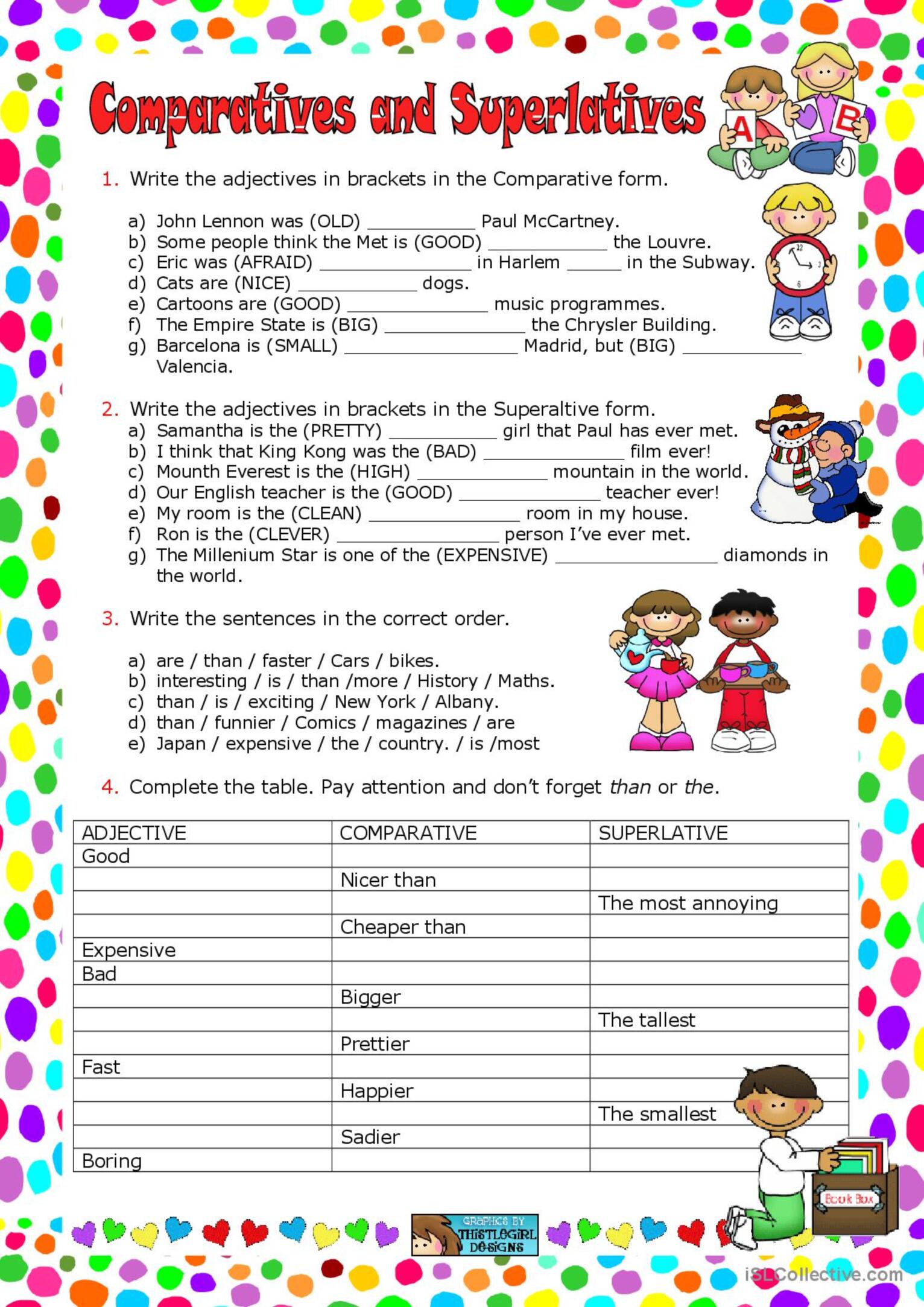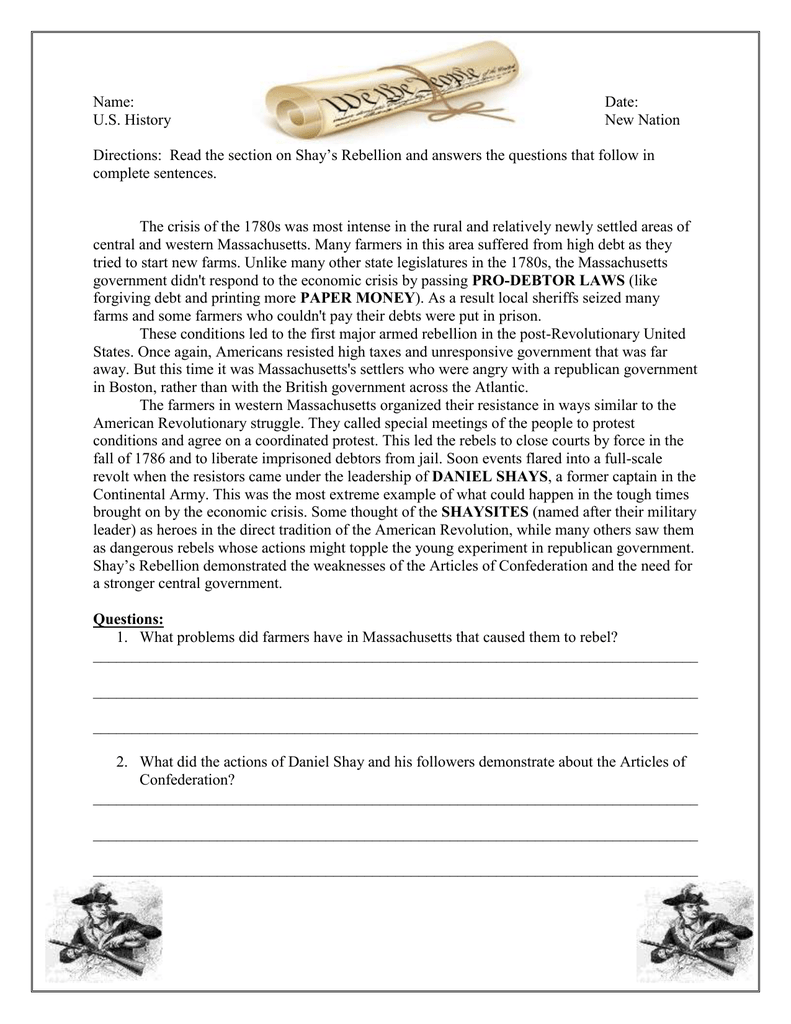Internal Family Systems Worksheets: Effective Therapy Tools

In the realm of psychotherapy, Internal Family Systems (IFS) therapy stands out as a revolutionary approach. Developed by Dr. Richard C. Schwartz, this model suggests that our minds are not singular but rather consist of multiple "parts," each with its own perspectives, qualities, and desires. The goal of IFS therapy is to harmonize these parts, allowing the core Self to lead with the inherent qualities of calmness, curiosity, compassion, and courage. This blog post delves into how IFS worksheets serve as potent tools for navigating this inner landscape, guiding individuals towards self-understanding and integration.
Understanding Internal Family Systems
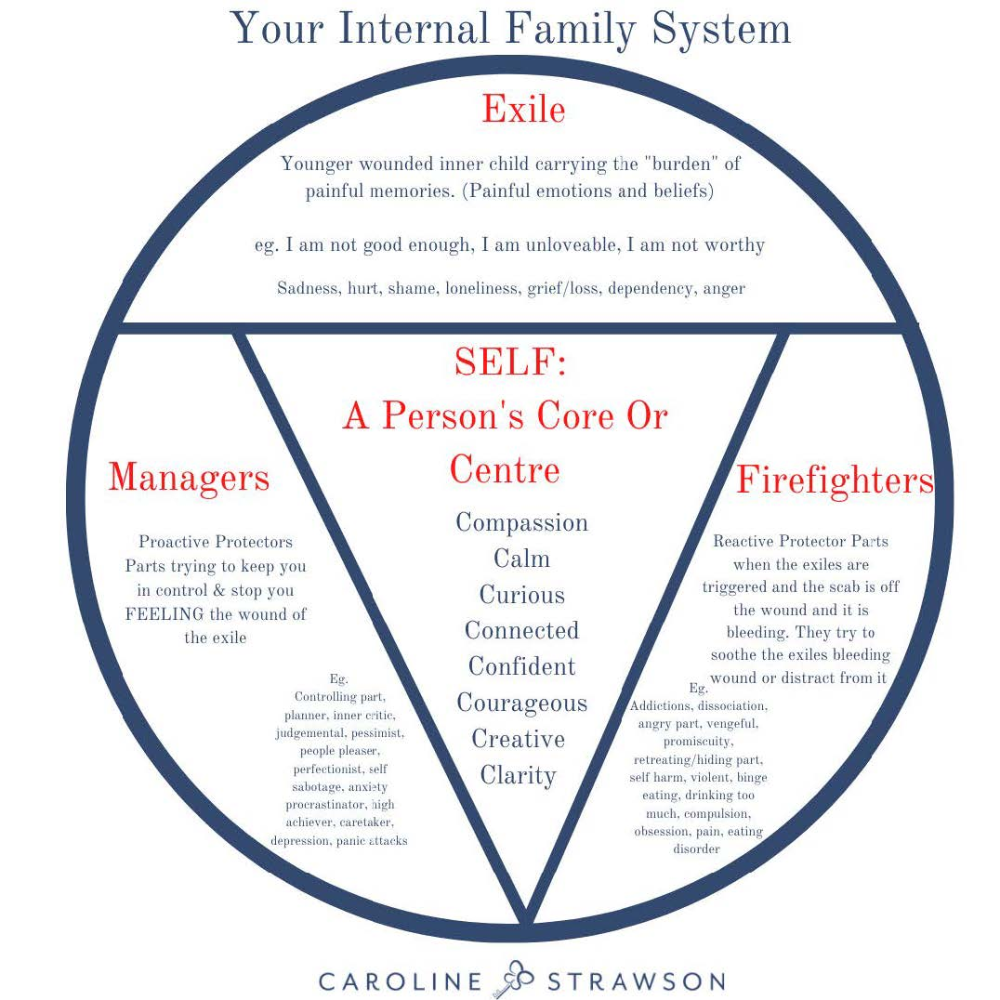
Before exploring the tools, it's vital to understand what IFS is:
- Parts: IFS posits that our psyche is made up of different parts or subpersonalities. Each part has its own backstory, role, and intention to protect us, often derived from past experiences or trauma.
- The Self: Amidst these parts lies the Self, an undamaged, core essence of who we are, capable of leading with wisdom and compassion. When the Self is in the lead, parts can function harmoniously.
- Exiles: These are parts holding pain or traumatic experiences, often kept away from consciousness to avoid overwhelming the system.
- Managers: These parts attempt to control the environment to prevent exiles from surfacing, managing day-to-day life.
- Firefighters: When exiles do surface, firefighters react impulsively to "put out the fire," often through behaviors like addiction or dissociation.
The Role of Worksheets in IFS Therapy
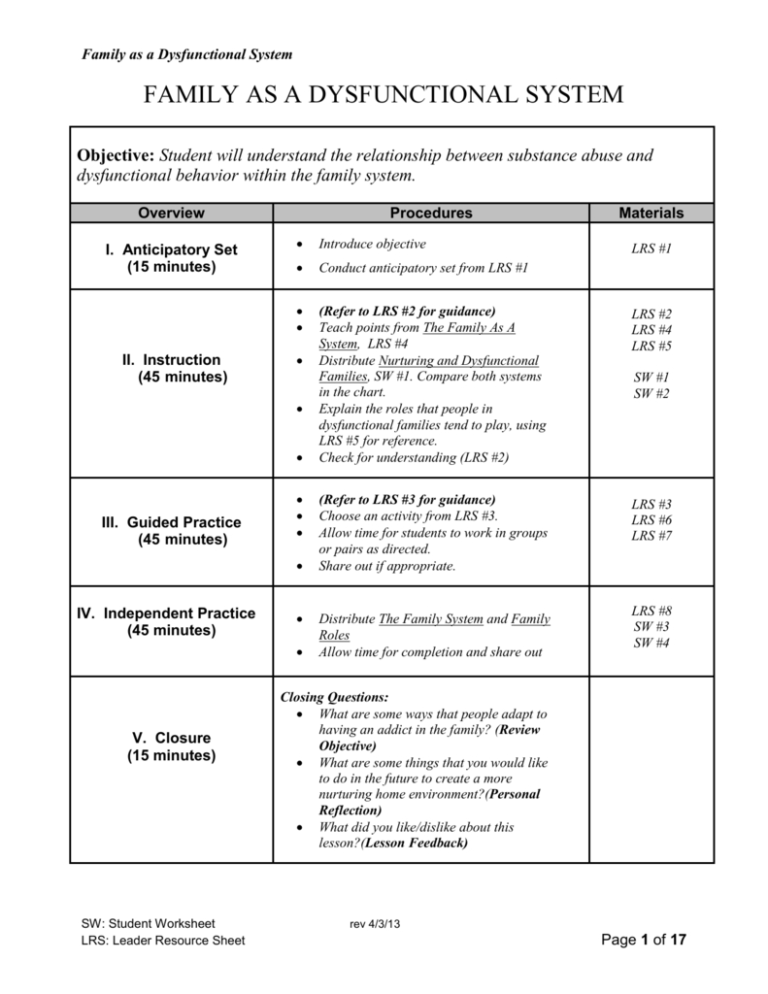

IFS worksheets facilitate the therapeutic process by providing a structured framework for clients to:
- Identify different parts.
- Understand the role each part plays.
- Learn about the interactions among parts.
- Develop relationships between the Self and parts for healing.
Key IFS Worksheets for Therapy
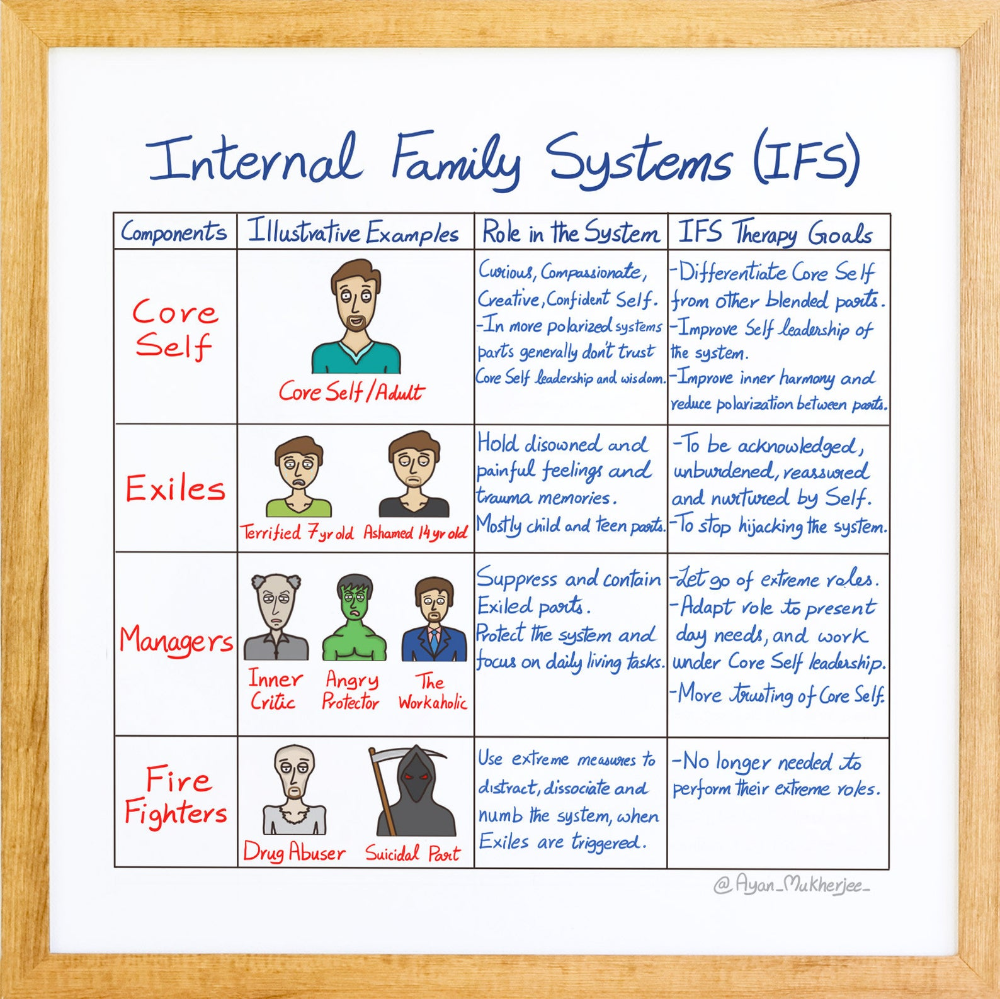
1. Parts Mapping
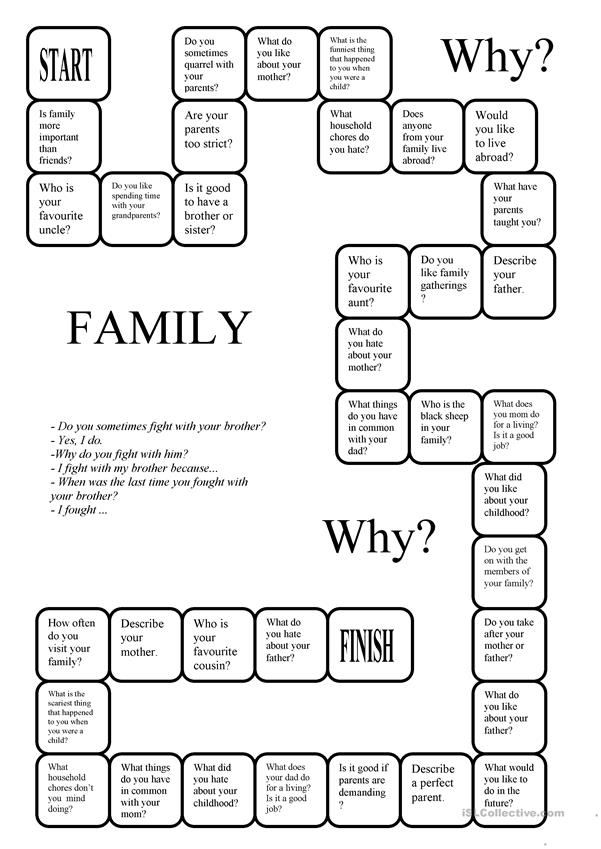
This exercise involves mapping out one’s internal system to:
- Identify and name parts.
- Define their roles and how they protect or overwhelm the Self.
- Visualize the relationships between parts.
2. The IFS Journey

This worksheet guides individuals through the journey of:
- Accessing their Self and separating it from their parts.
- Listening to parts with curiosity and compassion.
- Facilitating an understanding dialogue between parts for inner harmony.
3. The Unburdening Process

Unburdening focuses on:
- Helping parts release their burdens or negative experiences.
- Promoting healing by allowing parts to find their positive intentions and traits.
4. Polarities Worksheet

When parts are in conflict, this worksheet helps:
- Identify opposing parts.
- Discover the underlying protective needs.
- Guide these parts towards understanding and resolving their differences.
5. Self-Leadership Exploration

Enhancing the relationship between parts and the Self is crucial. This worksheet:
- Explores the qualities of the Self.
- Fosters the ability of the Self to lead parts in a healthy way.
Implementing IFS Worksheets in Therapy
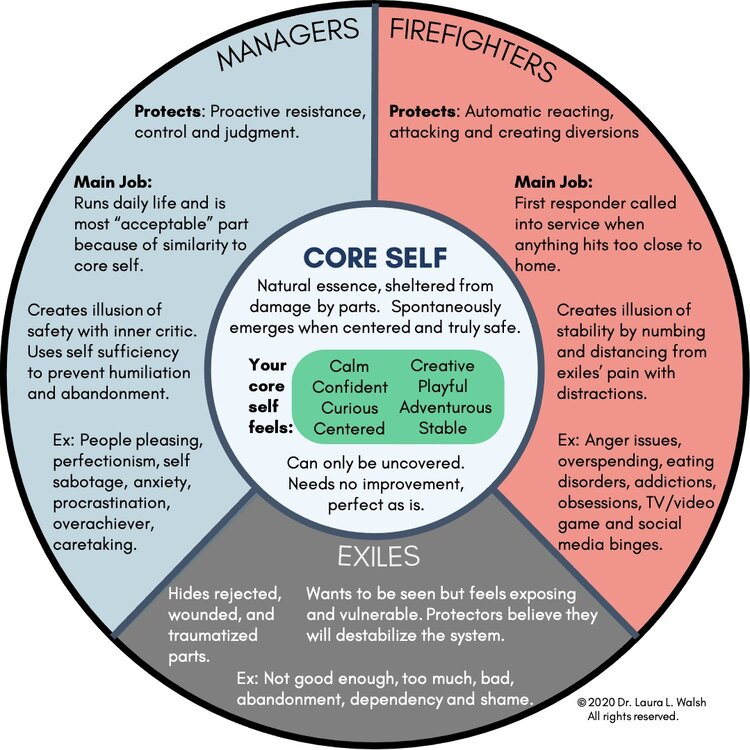
Therapy sessions incorporating IFS worksheets generally follow these steps:
- Introduction: Clients are introduced to the IFS model and the concept of parts.
- Parts Identification: Worksheets help clients identify different parts within their system.
- Dialogue: Facilitating conversation between parts and the Self, using worksheets for structured communication.
- Healing and Integration: Worksheets guide the process of unburdening and integration for lasting change.
📝 Note: While worksheets provide structure, the therapist's role in guiding the process is crucial. IFS therapy isn't just about completing forms; it's about facilitating a journey of self-discovery and healing.
Throughout the process, the aim is not to eliminate parts but to understand their roles, allow for expression, and work towards their integration into the system led by the Self. This therapeutic journey often leads to improved self-esteem, reduced anxiety, and a more balanced emotional life.
Benefits of Using IFS Worksheets

- Structured Exploration: Worksheets offer a tangible way to navigate the often abstract concepts of IFS.
- Empowerment: Clients can take an active role in their healing by working with these tools outside of sessions.
- Integration: The systematic approach fosters understanding and acceptance of all parts, promoting internal harmony.
Ultimately, IFS worksheets are invaluable tools in the therapist's toolkit, serving not only as a guide for self-exploration but also as a bridge to connect clients with their inner wisdom, aiding in the reclamation of the Self's leadership within their internal family system.
In summary, Internal Family Systems therapy, with the aid of tailored worksheets, provides a practical, engaging, and transformative journey towards self-understanding and inner peace. By recognizing and integrating our parts, we tap into our inherent wisdom, promoting healing, growth, and a more cohesive sense of self. The use of IFS worksheets in therapy sessions can profoundly enhance the process of internal healing, empowering individuals to live more authentic and balanced lives.
Can IFS therapy be self-directed?

+
Yes, to a certain extent. IFS therapy can be practiced with self-directed exercises and worksheets. However, for deep-seated issues or complex trauma, professional guidance from a certified IFS therapist is recommended for optimal results and safety.
How long does IFS therapy typically take?

+
The duration varies depending on individual circumstances, including the complexity of issues, the number of parts involved, and the client’s engagement in the process. Some may see benefits in a few months, while deeper work might take a year or more.
Are IFS worksheets suitable for everyone?
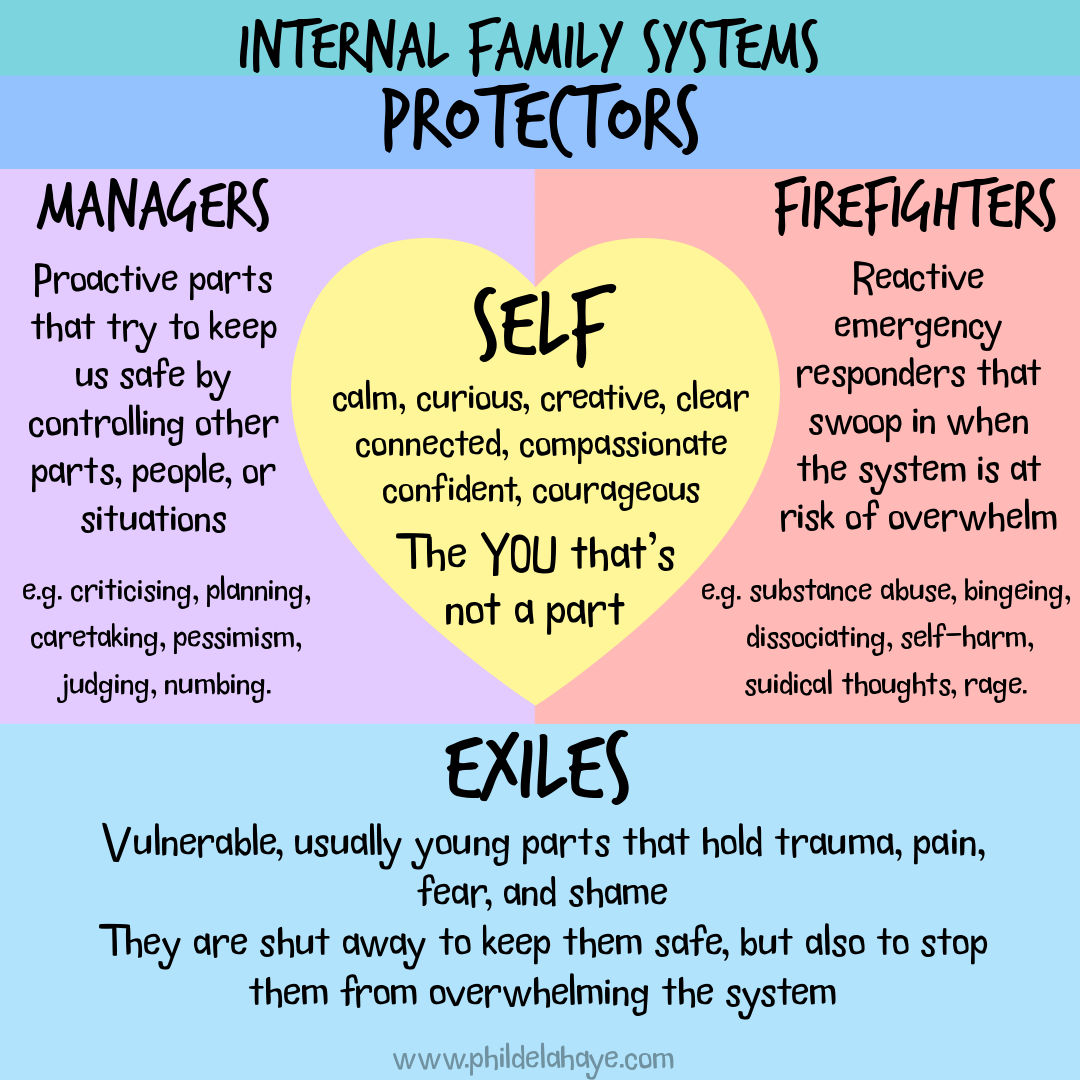
+
While IFS worksheets can be beneficial for many, they may not be appropriate for individuals with severe dissociative disorders or those in acute crisis. Always consult with a mental health professional to determine the best therapeutic approach.
Can IFS be used with other therapeutic approaches?
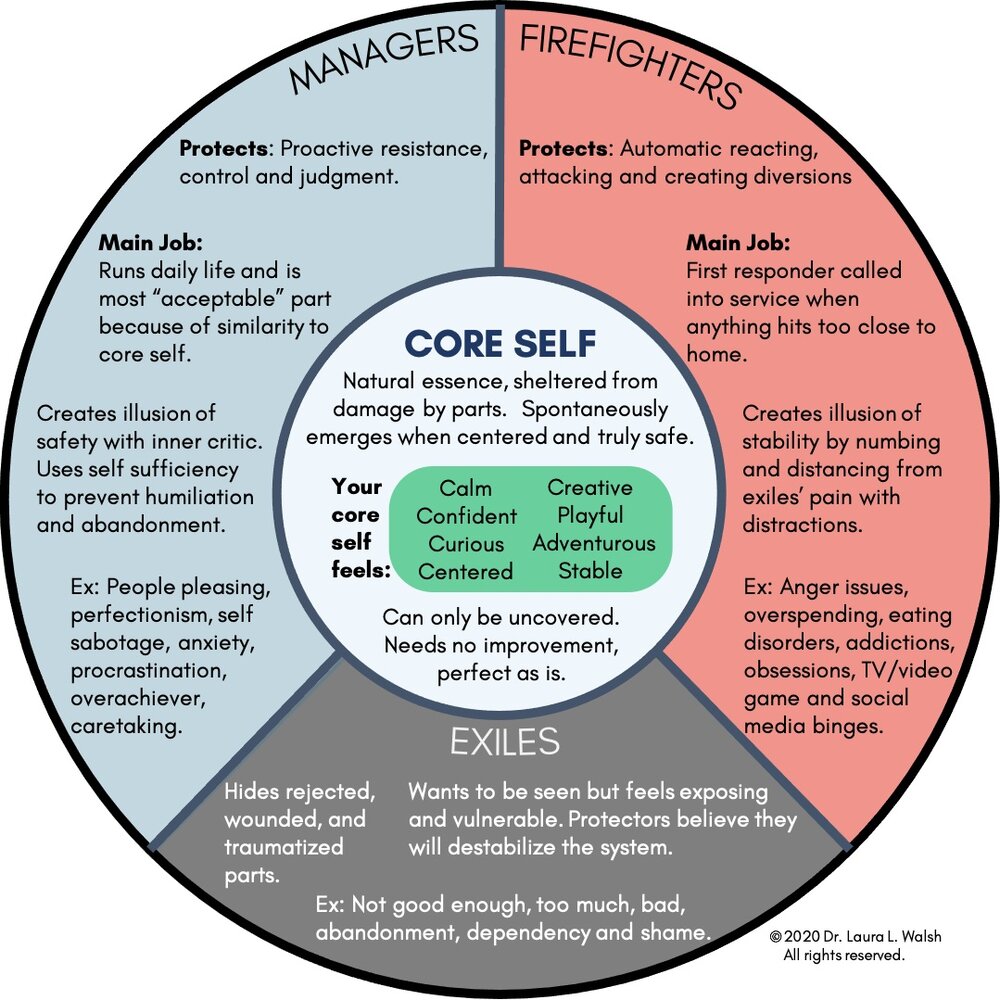
+
Absolutely. IFS can be integrated with cognitive-behavioral therapy, somatic therapy, and many other modalities to create a comprehensive treatment plan tailored to the individual’s needs.
How do I find certified IFS therapists?

+
Many certified IFS therapists are listed through the official IFS website or through professional therapy directories like Psychology Today, where you can filter by specific modalities and geographic locations.

